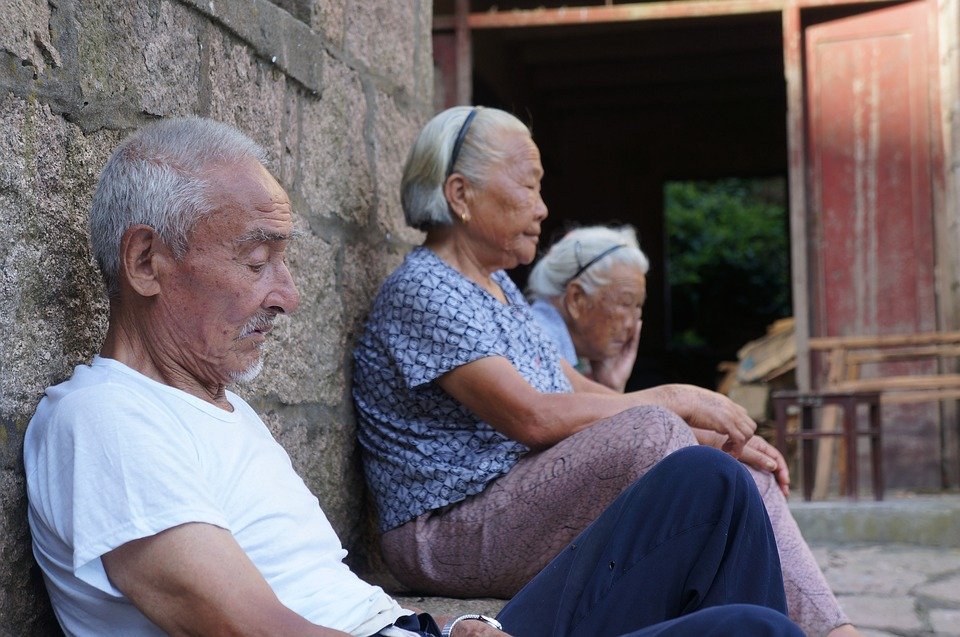A recent study published by Lancet suggests that South Korean women will be the first in the world to have an average life expectancy above 90.
The WHO and Imperial College London study analyzed life spans in 35 industrialized countries.
It predicted all would see people living longer in 2030 and the gap between men and women would start to close in most countries.
The researchers said the findings posed big challenges for pensions and care for elderly people.
The data also forecasts that Japan, once the picture of longevity, will tumble down the global rankings.

Japan currently has the highest life expectancy for women, but will be overtaken by both South Korea and France, the study suggests. Meanwhile, male life expectancy will go from the fourth highest to 11th out of the countries studied.
The US also performs poorly and is on course to have the lowest life expectancy of rich countries by 2030.
The study predicts an average age of 80 for men and 83 for women – roughly the same state Mexico and Croatia will have achieved.
The US will be overtaken by Chile, where women born in 2030 will expect to live for 87 years and men for 81.
The study also shows the gap in life expectancy between women and men is closing.
Much of the increases are due to improvements for the over-65s rather than reductions in deaths during childhood.
The study made the projections in a similar way to the methods used by meteorologists to forecast the weather.
It combined 21 separate mathematical models that analyzed past trends to make projections into the future.
This approach indirectly takes account of all the different factors – smoking rates, medical advances, obesity patterns – that are changing life expectancy.
The study assumes countries continue to progress as they are, so exceptional, unpredictable events equivalent to the fall of the Soviet Union, or huge breakthroughs like a vaccine for all cancer, would massively alter the forecasts.
